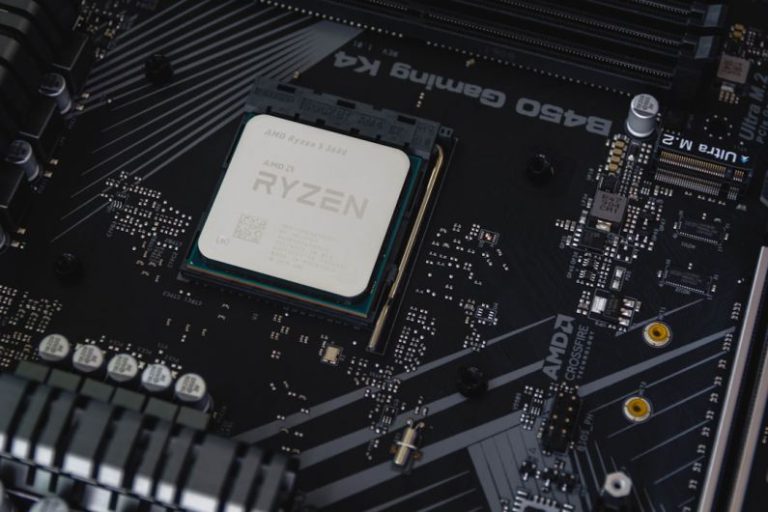The Future of Personalized Consumer Experiences
In today’s digital age, personalized consumer experiences have become a cornerstone of successful businesses. The ability to tailor products and services to individual preferences and behaviors not only enhances customer satisfaction but also drives loyalty and increases revenue. As technology continues to advance at a rapid pace, the future of personalized consumer experiences is poised to undergo significant transformations. In this article, we will explore the latest trends and innovations shaping the future of personalized consumer experiences.
**The Rise of Artificial Intelligence**
One of the key drivers of the future of personalized consumer experiences is artificial intelligence (AI). AI-powered algorithms can analyze vast amounts of data in real-time to create highly personalized recommendations and experiences for individual consumers. From chatbots that offer personalized assistance to predictive analytics that anticipate customer needs, AI is revolutionizing the way businesses engage with their customers.
**Hyper-Personalization**
While personalization has been a buzzword in the marketing world for some time, the future lies in hyper-personalization. This next level of personalization goes beyond simply addressing customers by their first name or recommending products based on past purchases. Hyper-personalization leverages advanced data analytics and AI to create truly individualized experiences that cater to each customer’s unique preferences, behaviors, and context.
**Augmented Reality and Virtual Reality**
The integration of augmented reality (AR) and virtual reality (VR) technologies is set to take personalized consumer experiences to a whole new level. These immersive technologies allow customers to visualize products in real-world settings, try them out virtually, and even customize them to suit their preferences. By blending the physical and digital worlds, AR and VR create engaging and interactive experiences that resonate with consumers on a deeper level.
**IoT and Connected Devices**
The Internet of Things (IoT) is another game-changer in the realm of personalized consumer experiences. IoT devices collect data on consumer behavior, preferences, and interactions with products, enabling businesses to deliver personalized recommendations and services in real-time. From smart homes that adjust settings based on user preferences to wearable devices that track health metrics and offer personalized fitness plans, IoT is reshaping how businesses connect with consumers.
**Data Privacy and Security**
As businesses collect and utilize increasing amounts of personal data to drive personalized consumer experiences, data privacy and security have become major concerns. Consumers are becoming more aware of the importance of protecting their personal information and are demanding greater transparency and control over how their data is used. In the future, businesses that prioritize data privacy and security will build trust with customers and differentiate themselves in the market.
**The Shift to Experience-Driven Marketing**
In the future, successful businesses will move away from traditional product-centric marketing strategies towards experience-driven marketing approaches. By focusing on creating memorable and personalized experiences for customers at every touchpoint, businesses can foster emotional connections, build brand loyalty, and drive long-term customer relationships. Experience-driven marketing is about engaging customers on a deeper level and making them feel valued and understood.
**Empowering Customers with Choice**
A key aspect of the future of personalized consumer experiences is empowering customers with choice and control over their interactions with businesses. By giving customers the ability to customize their experiences, choose their preferred communication channels, and provide feedback on their interactions, businesses can create a sense of ownership and empowerment among their customer base. This shift towards customer empowerment fosters trust and loyalty and positions businesses as customer-centric organizations.
**Innovating for the Future**
As technology continues to evolve and consumer expectations shift, businesses must stay ahead of the curve by continually innovating and adapting their personalized consumer experiences. By embracing emerging technologies, prioritizing data privacy and security, and focusing on creating meaningful experiences for customers, businesses can thrive in an increasingly competitive and dynamic market landscape. The future of personalized consumer experiences is bright, and businesses that invest in innovation and customer-centricity will lead the way in shaping tomorrow’s consumer landscape.






